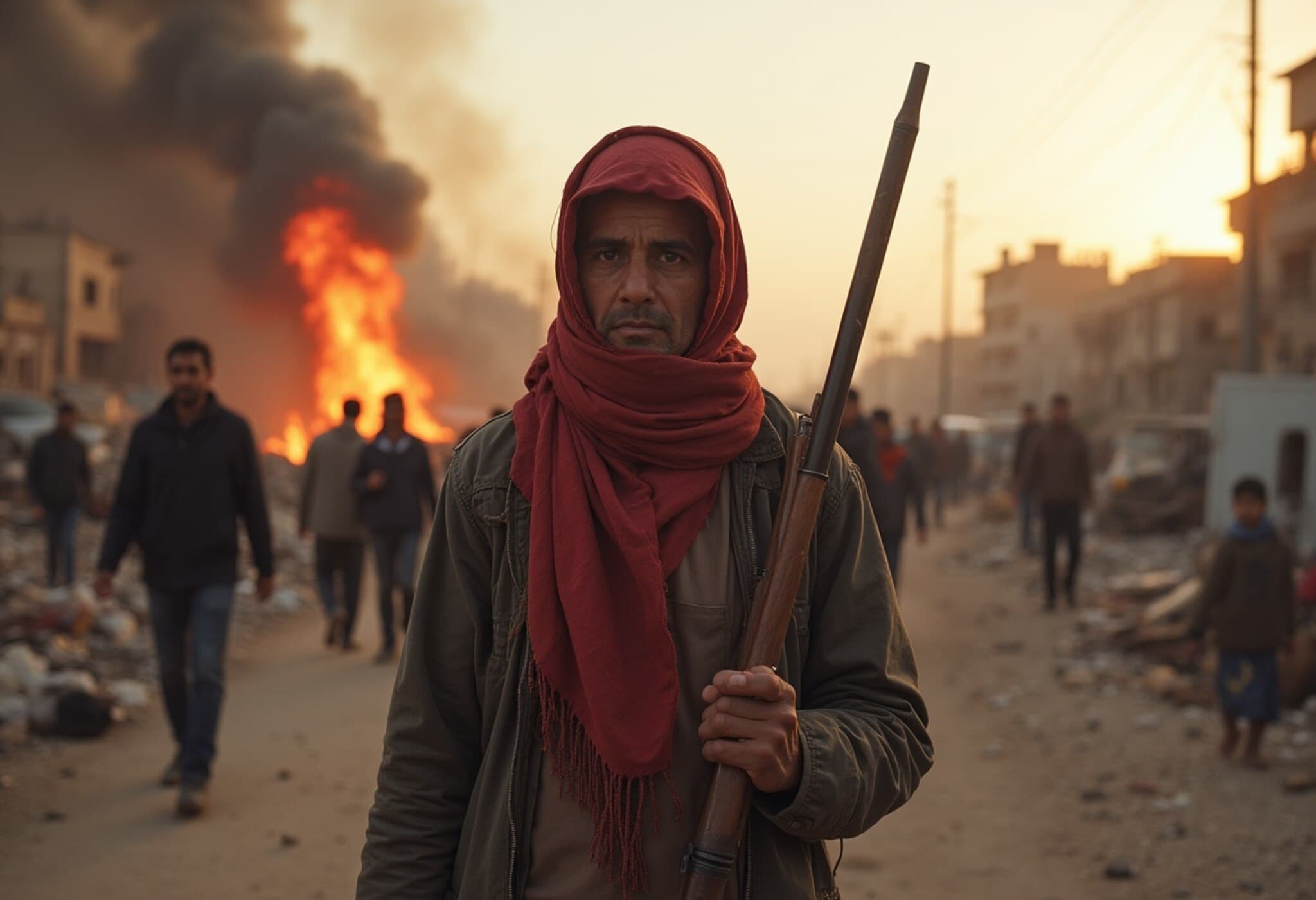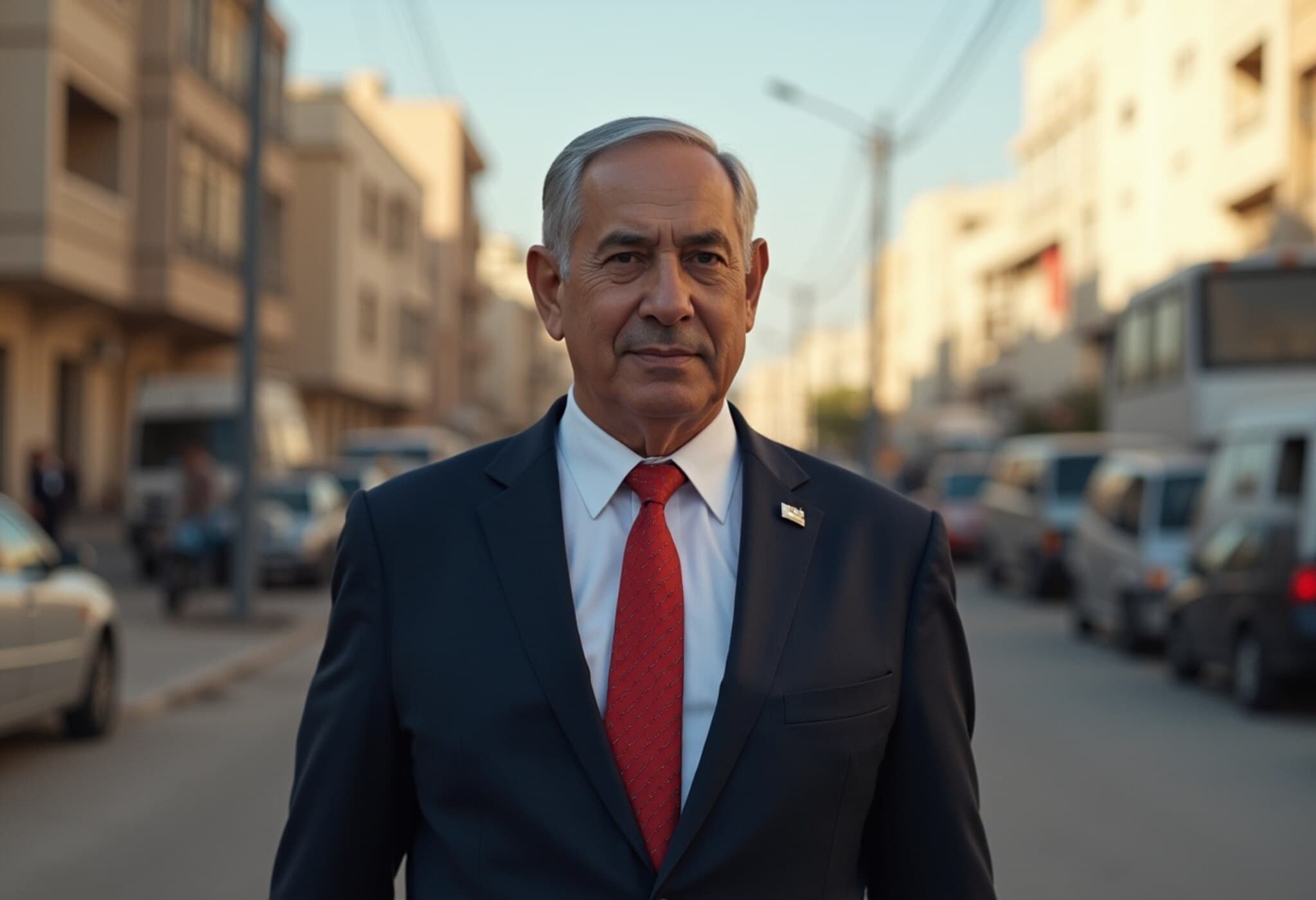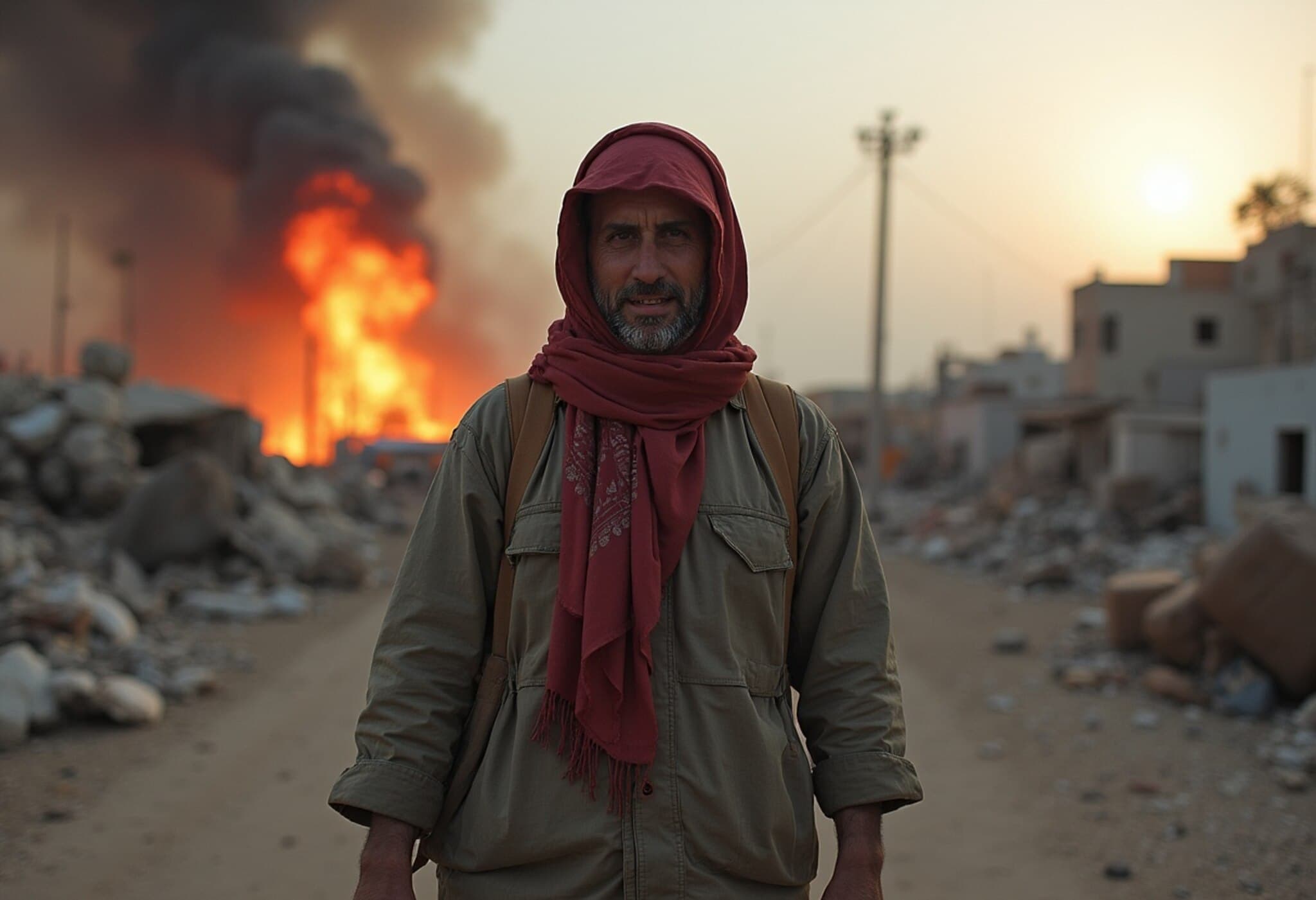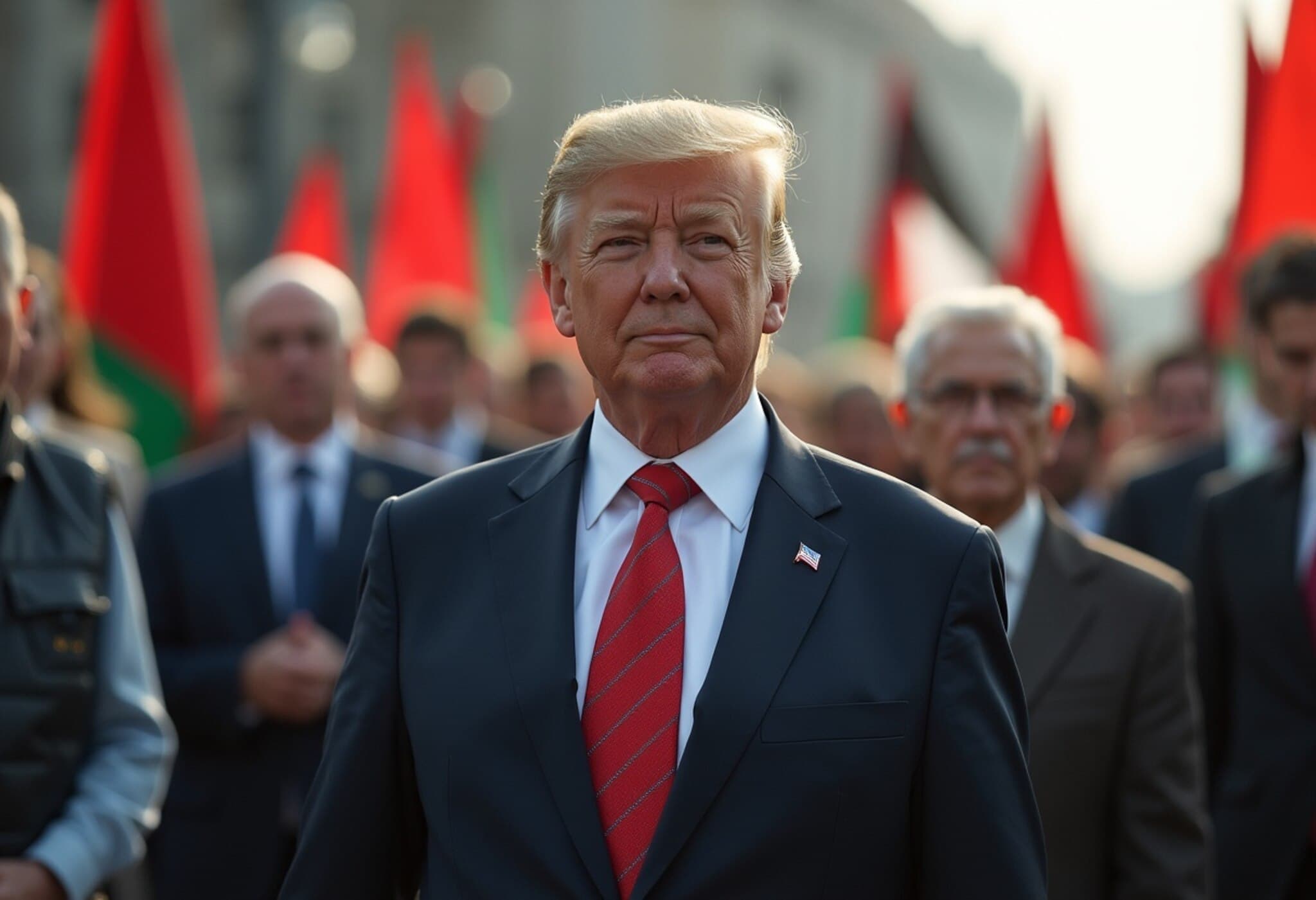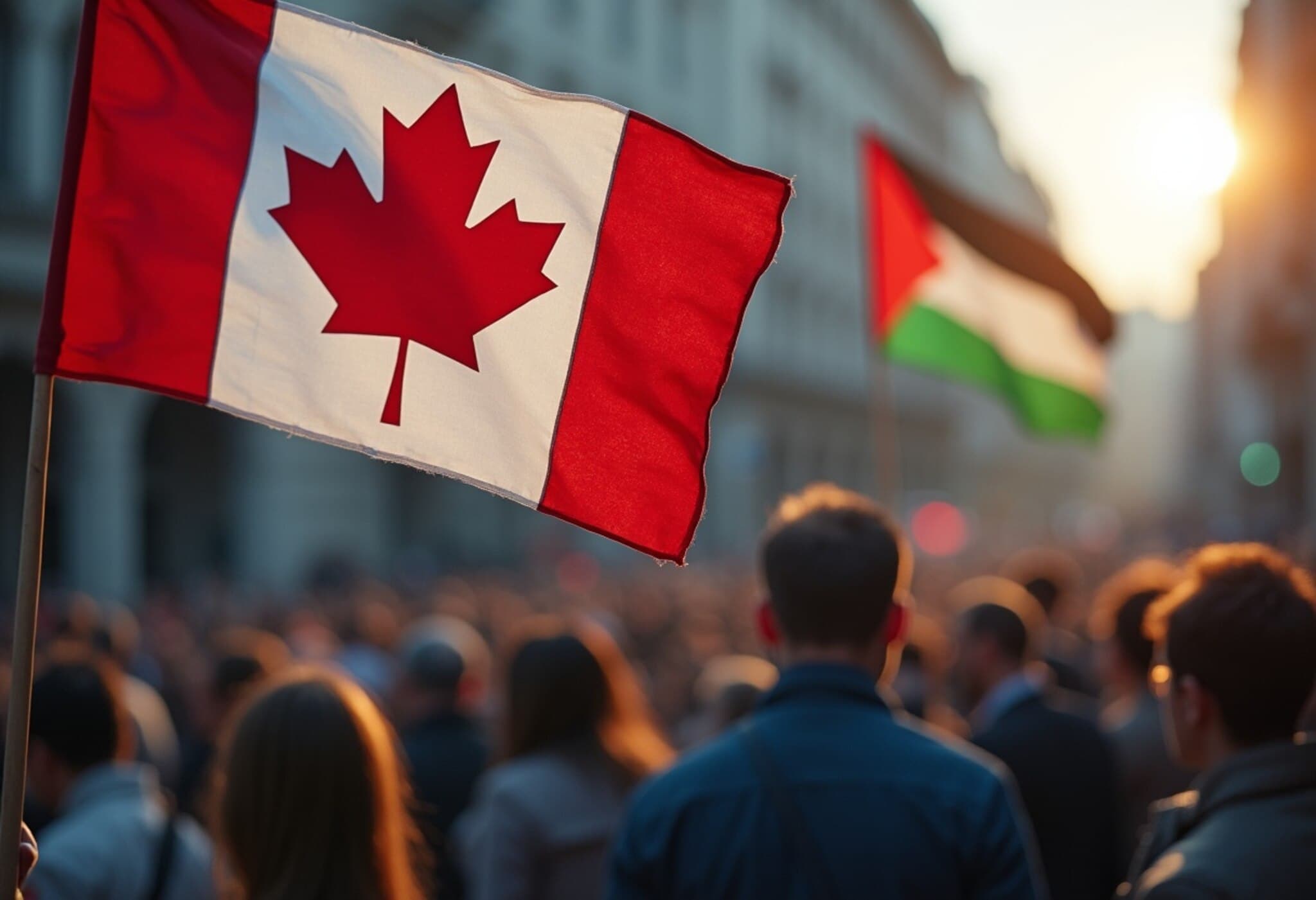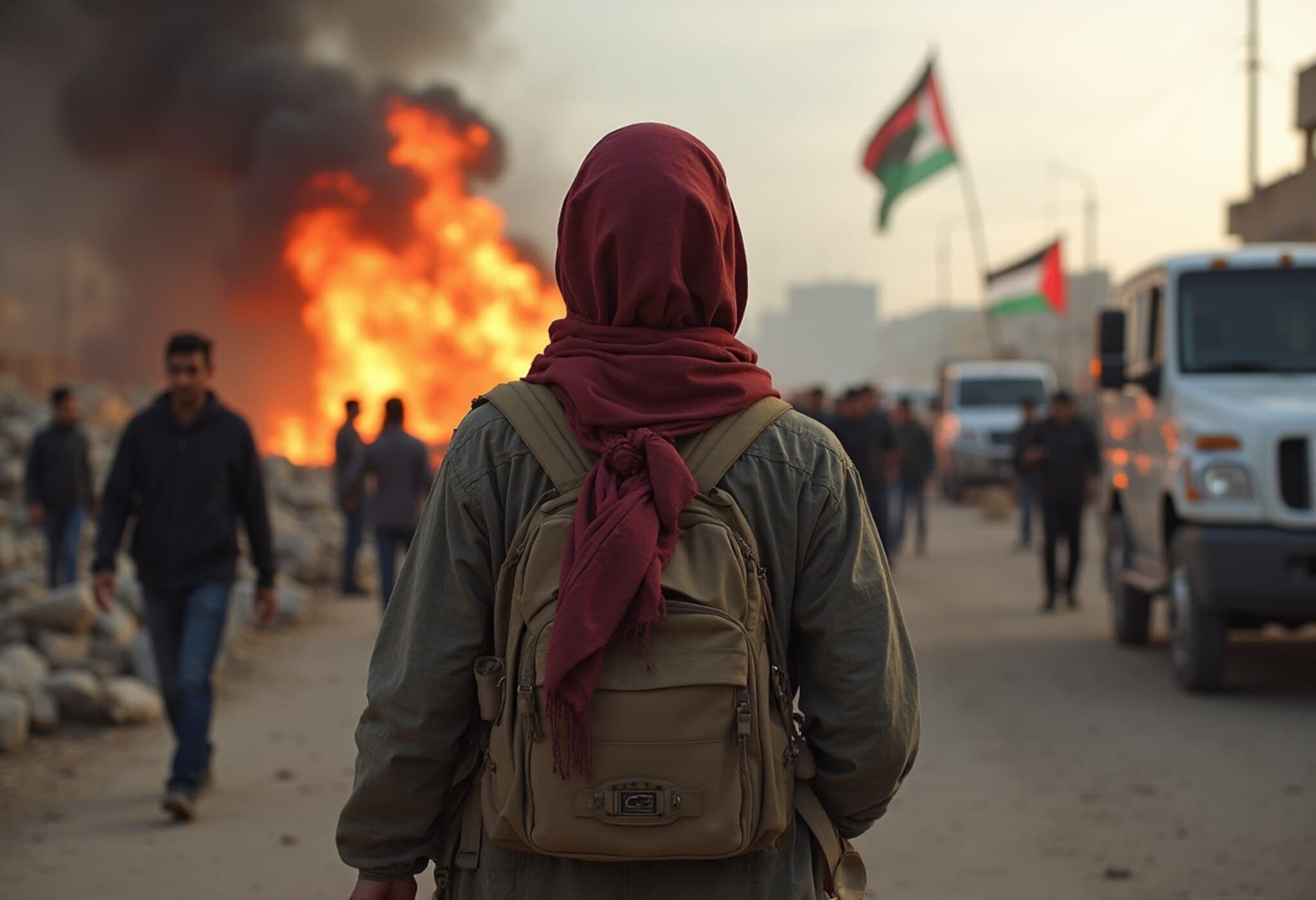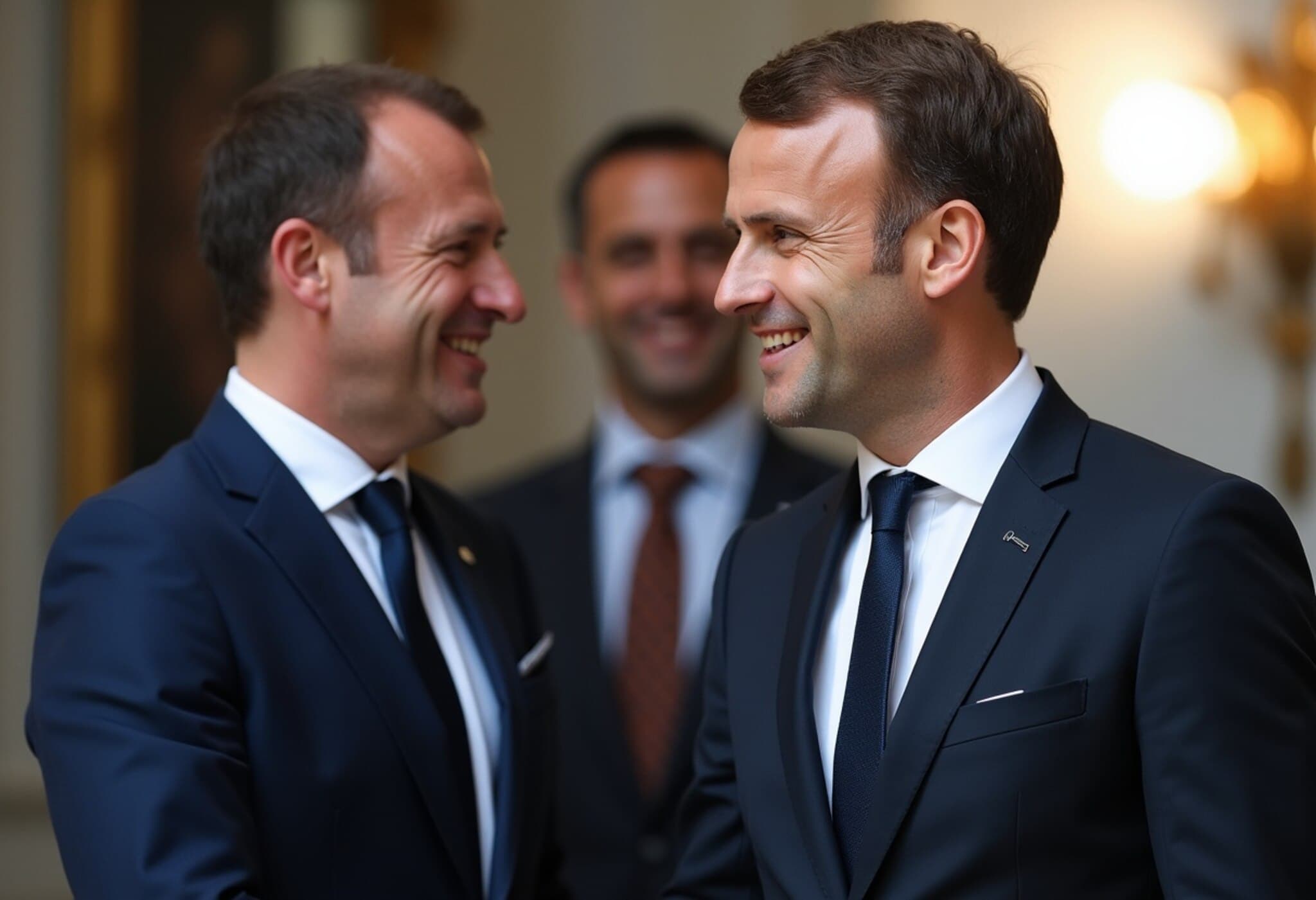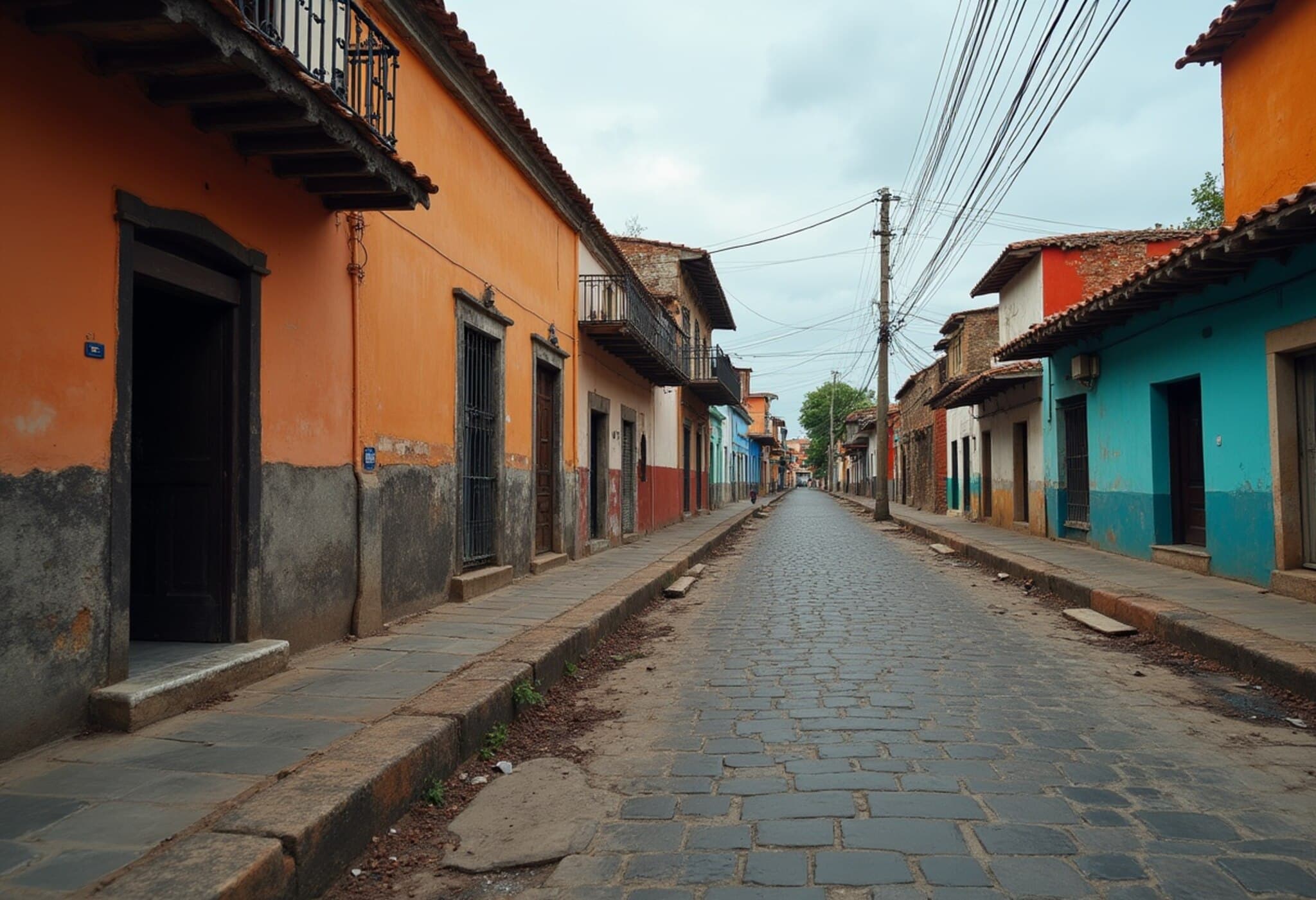Humanitarian Crisis in Gaza Intensifies Amid Stalled Ceasefire Talks
As the humanitarian situation in Gaza deteriorates at an alarming pace, indirect ceasefire negotiations between Hamas and Israel have once again reached a deadlock. Both parties remain firmly entrenched in their core demands, preventing progress toward peace while tens of thousands suffer from hunger and deprivation.
Hamas Stands Firm on Disarmament Preconditions
Recent diplomatic efforts mediated by Qatar and Egypt sought to broker a 60-day ceasefire coupled with a possible hostage release. However, a joint declaration proposed by France and Saudi Arabia, which called for Hamas to hand over its weapons to the Palestinian Authority, was unequivocally rejected by Hamas.
In a statement, Hamas emphasized its refusal to disarm without the establishment of an "independent, fully sovereign Palestinian state with Jerusalem as its capital." The group asserted that abandoning armed resistance is contingent upon achieving a fundamental political resolution—a stance highlighting the complex intersection of security and political sovereignty issues.
Israeli Government Maintains Security Non-Negotiable
On the other side, Israel reiterates that Hamas' disarmament is a non-negotiable prerequisite for any sustainable peace agreement. Israeli Prime Minister has recently characterized the creation of a Palestinian state as a direct threat to Israel’s national security, insisting on retaining military oversight of Palestinian territories. This position underscores Israel's longstanding security concerns amid ongoing hostilities.
Furthermore, Israel criticized international efforts, such as those from certain countries aiming to alleviate the devastating impact of the war on Gaza, labeling them as “rewards” for Hamas. This rhetoric reflects the deep mistrust between the parties and the challenges in building consensus on humanitarian relief initiatives.
Conflict Origins and Escalating Toll
The conflict escalated sharply following Hamas-led militants' assault on southern Israel on October 7, 2023, killing approximately 1,200 people and taking 251 hostages. Israel’s military response has since heavily impacted Gaza, with Palestinian authorities reporting over 60,000 casualties and the United Nations confirming a widespread famine.
United Nations Warns of Full-Scale Famine Catastrophe
The Integrated Food Security Phase Classification (IPC), a coalition comprising UN agencies and humanitarian organizations, issued a chilling alert this week. They declared that Gaza is currently experiencing the "worst-case scenario of famine"—a dire situation calling for an immediate ceasefire to avert further catastrophic human suffering.
Voices from Gaza: The Human Face of Famine
Residents like Jamil Mughari, a 38-year-old father from central Gaza’s Maghazi, paint a bleak picture. He reported his children's severe weight loss, with his five-year-old daughter weighing a mere 11 kilograms. Mughari himself has lost nearly 30 kilograms amid constant food shortages. "We survive on lentils and water," he lamented, describing multiple displacements and the collapse of his family under exhaustion.
Food aid distribution remains chaotic and perilous. Organizations such as the Gaza Humanitarian Foundation operate food distribution points that open briefly each day, drawing desperate crowds. The scarcity and danger have even led to civilian deaths as people scramble for aid.
Mansoura Fadl al-Helou, a 58-year-old widow, shared her fears for her only son's safety at food lines, reluctant to let him risk the journey amidst military threats. Similarly, Abu al-Abed, father of seven from Deir al-Balah, described his malnourished daughter's visible ribcage and the pervasive fatigue afflicting his entire family.
“If even I, their father, feel exhausted, imagine what my children endure,” Abu al-Abed said, expressing profound despair and disillusionment with the global response. “It seems the world would react faster to protect animals than the rights of Palestinians.”
Expert Analysis: The Political-Humanitarian Nexus
This crisis exemplifies the tragic consequences when geopolitical stalemates obstruct urgent humanitarian action. Hamas’ insistence on sovereign statehood before disarmament is rooted in decades of Palestinian aspirations and a perception of existential security needs.
Meanwhile, Israeli security concerns remain paramount in policymaking, emphasizing military control as a shield against further attacks. The international community faces the challenge of bridging this divide while addressing the unfolding famine—a complex interplay of political impasse and human suffering.
US policy analysts suggest that without renewed efforts toward diplomacy that simultaneously addresses security and sovereignty, the humanitarian catastrophe in Gaza is likely to deepen, potentially destabilizing the broader region and undermining international peace initiatives.
What Remains Unsaid: Underreported Dimensions
- The civilian toll: Beyond statistics, the psychological trauma and lasting health impacts on Gaza’s children and displaced families require urgent attention.
- Food distribution inefficiencies: Access blockages, insecurity around aid convoys, and bureaucratic delays compound the crisis, raising questions about accountability and aid governance.
- Political leverage of famine: The use of starvation as a tactic in conflict zones is a grave humanitarian violation that international law experts argue needs stronger enforcement mechanisms.
Editor’s Note
The Gaza famine crisis starkly illustrates how unresolved political conflicts cascade into devastating humanitarian disasters. As international mediators strive for ceasefire agreements, the question remains: can the core issues of sovereignty and security be reconciled in time to save millions from starvation?
This unfolding tragedy calls not only for immediate humanitarian access but also for renewed political dialogue grounded in human rights and mutual recognition—a fragile but indispensable path toward lasting peace.

